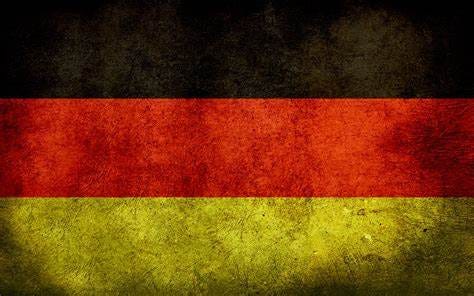Matrix of Failure
Germany is a country misaligned with its time and place
[Note: These are the first two paragraphs of an essay I have published with New Global Politics and a link to the full version.]
It’s not only in the aftermath of elections precipitated by the “spectacular” government collapse last November that there is much talk about the state of Germany. Shortly before the federal vote of 23 February, a journalist from Berlin sketched a grim – and realistic – picture of a country not only in “big trouble” but also bereft of ideas how to find a way out. That lament was typical in that it focused on how Germany is doing. Yet perhaps that feeling of helpless bewilderment, of not seeing viable alternatives has something to do with not thinking enough about another question, namely what this current version of Germany actually is.
For today’s Germany is not suffering from a random set of comorbidities, scattered across its economy, politics, and Zeitgeist. Instead, it is a country fundamentally misaligned with its place in the world and also in time, and that misalignment stems from how it was made and then failed to remake itself: its crisis is literally radical.
[…]
Please find the whole text at New Global Politics.




I congratulate you on this thoughtful and thought-provoking article but after reading it in New Global Politics I feel we can go further in understanding Germany's predicament by considering how politics, as expression of national culture, evolves - and by what standard we judge it. By the implicit Western standard of imperialism, which requires the will to power and it's cohesive projection under the ledership of a more or less united oligarchy, Germany was never "great", the Prussian empire and then the Dritte Reich being aberrations. As descendant of a typical Germany family (in my German half) I have recognized how the defeat in WWII put paid to these aberrations culturally, the well-known "Vergangenheitsbewältigung" instilling an instinctive resistance aginst "greatness" (according to that Western model) in a sufficient part of the population that the oligarchy (it was well-developed in the Dritte Rech - and was one of it's pillars) could not re-group and assert itself - evident to this day in the conspicuous lack of intervention in major political/geopolitical matters by the captains of industry. As a result, Germany is a typical vassal without imperial aspirations - and without the culture and organization required for it. Is this a bad thing? By that implicit Western standard it is sneered at by the imperialist oligarchy - and treated as a vassal, so that German politics, especially in the geopolitical arena, is largely dependent - on that imperial oligarchy. Actually, IMHO, this is an ameliorating feature of Germany - but it indeed does not fit into this time - where you can either be an imperialist (part of the evil empire and integrated in it'sruling oligarchy) - or a vassal - or a colony - or an enemy.
Thank you for this interesting and thoughtful essay. However, I am confused by your perpetuation of the myth of the AFD as being a 'far-right' party. The very term itself is suspect, being totally undefined and therefore readily available as a slur. I have researched AFD policies, and they seem to be a mixture of economic libertarianism and social conservativism. They are therefore nothing to be remarked upon, and certainly not reminiscent of the policies of Hitler's Germany which was peculiarly statist rather than libertarian. Moreover their declared support for freedom of speech and desire for peace with Russia are hardly compatible with most people's notion of 'far-right'. Their call for an end to indiscriminate migration is not only sensible, but commands majority support across the political spectrum in Germany (and elsewhere). It is only Europe that practices indiscriminate migration - it would be considered unthinkable in China, or Russia, or any other sensible nation. I am sure that there are individual members of the AFD who may have or had unpleasant views, but this would equally apply to any of the other political parties in Germany. In any case, we must distinguish between a political party, and its individual members, as we would with any party. I would assert that using the corrupted language of contemporary German political discourse is unhelpful and incoherent, particularly in the context of a critique of the intellectual laziness of said discourse.